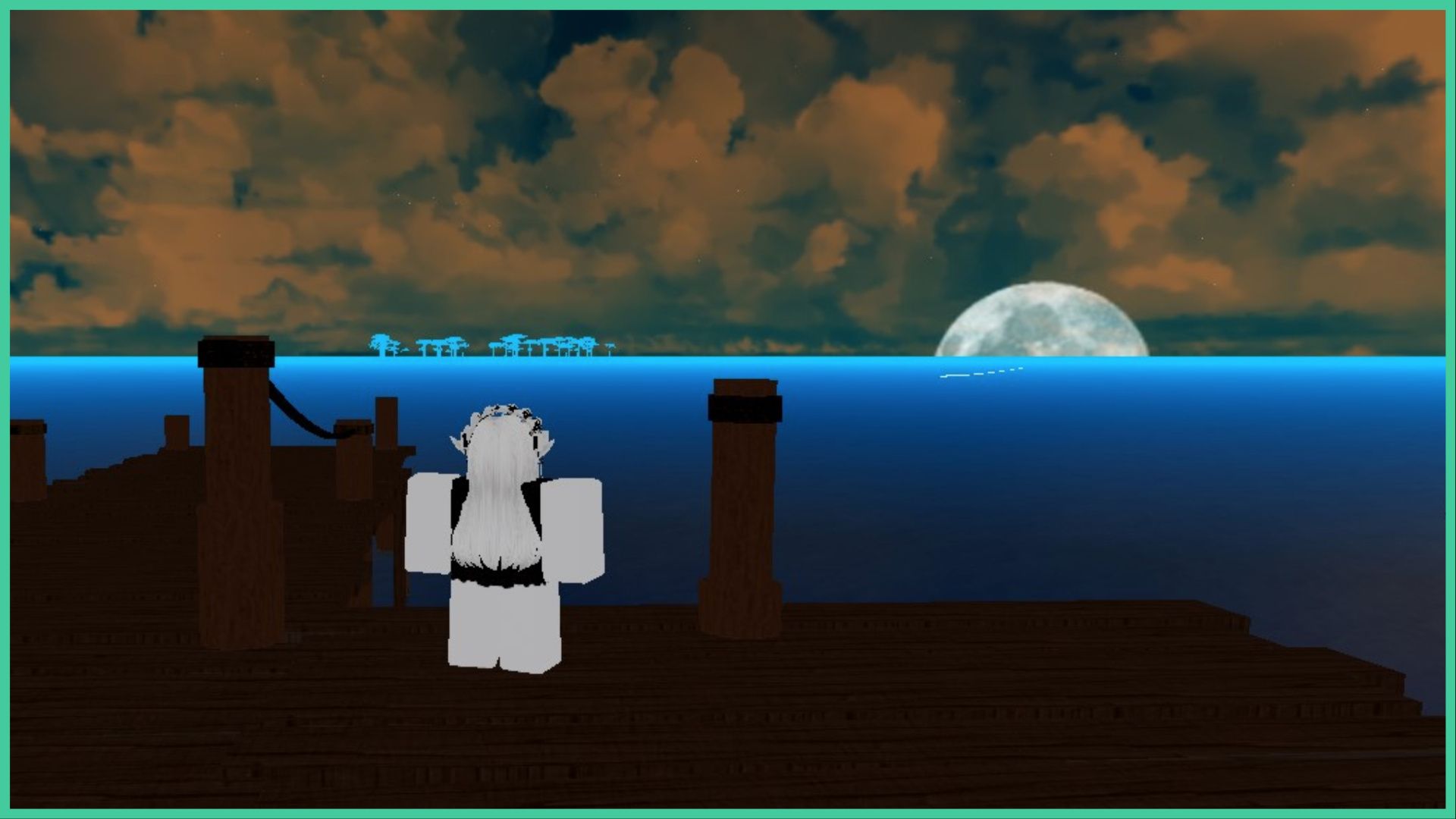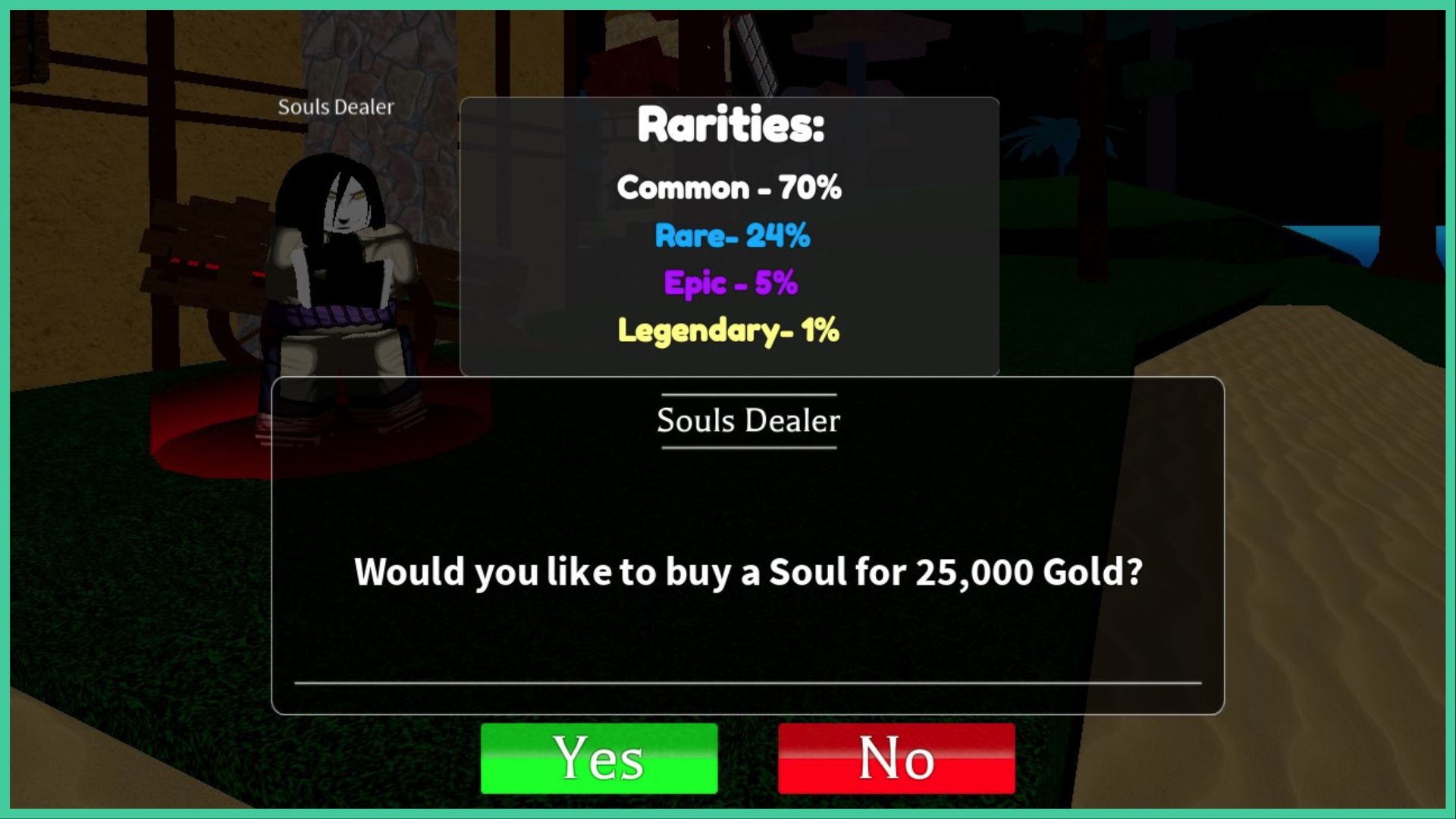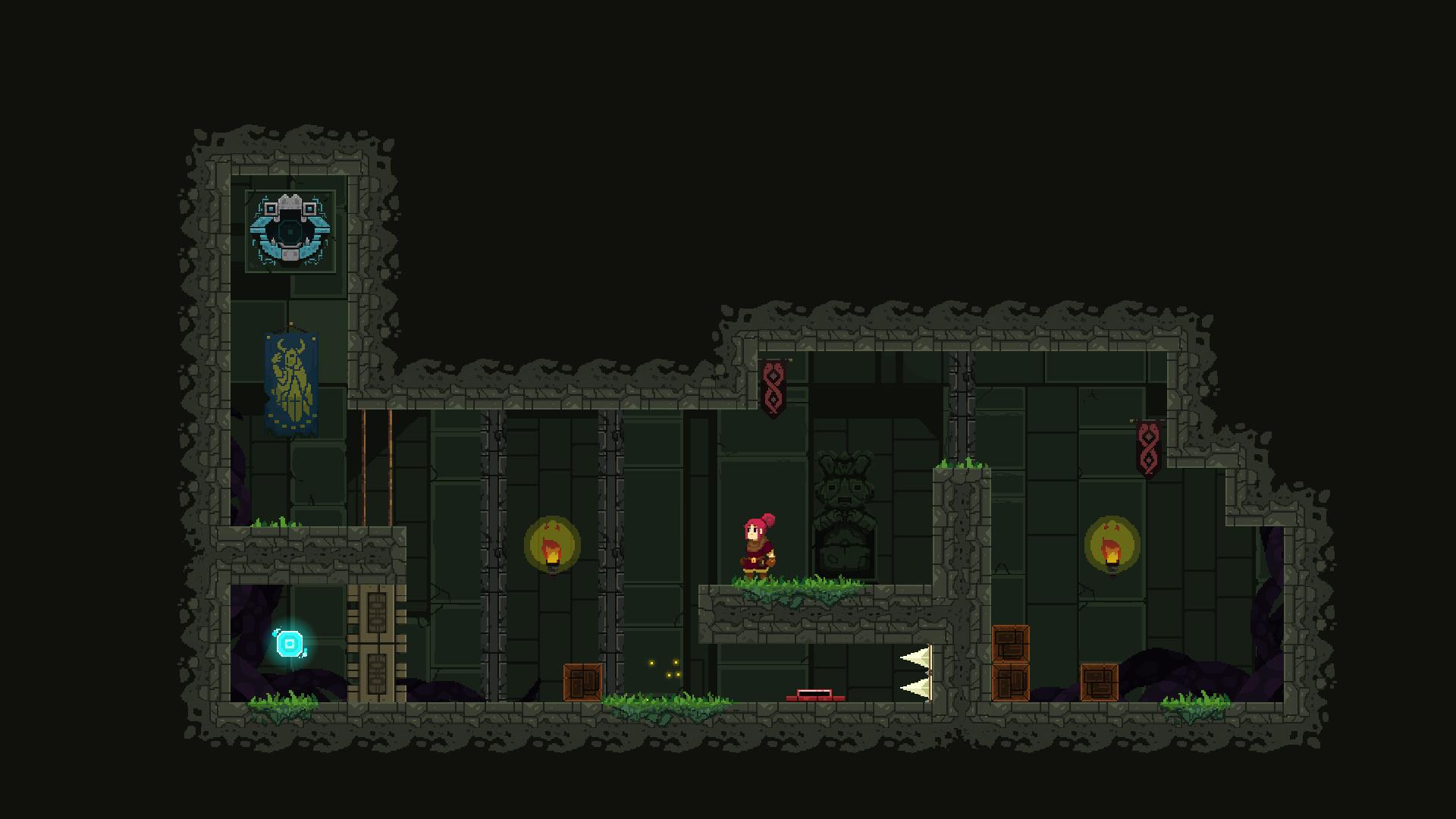Your entire premise of Web3 gaming — like the whole lot in Web3 — hinges on the “possession of digital issues on the web.”
In actuality, this promise hasn’t been fulfilled. Regardless of the buzzword soup in each pitch deck within the trade, few truly care about it. Fewer nonetheless are working to make it a actuality.
It’s ironic given the lore on which Web3 was constructed. Ethereum co-founder Vitalik Buterin’s creativeness was sparked by his disappointment with World of Warcraft — after Blizzard took away his warlock’s Siphon Life spell. Possession of your gaming belongings has been a core concept on the heart of this trade from its earliest days.
And why not? Intuitively, for any gamer on the market who spends time, cash and emotional capital on their favourite digital characters and experiences, having possession of these issues and their worth looks as if a no brainer.
But, whereas different elements of Web3 have been making important strides — Bitcoin (BTC) as a retailer of worth, stablecoins facilitating transactions, and real-world belongings shifting onchain — Web3 gaming lags behind.
Web3 expertise essentially addresses digital property rights, fixing the double-spend downside and making certain that digital belongings can’t be duplicated. That is what makes Web3 distinctive and priceless.
In an more and more digital world, possession of on-line belongings — be it information, id, forex or gaming objects — issues immensely. Half of the world’s inhabitants engages in video video games, making possession on this area essential.
In Web3 gaming, possession is the differentiating issue from conventional gaming. Buying and selling recreation objects, digital forex, and incomes from enjoying video games have been mainstays of gaming for at the least 25 years, as I recall, again after I was a part-time gold farmer.
So, why is it that one thing so clearly attention-grabbing and player-centric as possession has been met with revolt from the gaming world?
The reply is surprisingly easy: There is no such thing as a possession — at the least not in any significant manner. Possession with out interoperability is nugatory. If gamers can not use their digital belongings throughout completely different platforms and video games, they don’t really personal them.
Proudly owning a non-fungible token (NFT) recreation merchandise at present is like proudly owning a canine that lives in your neighbor’s storage. You possibly can have a look at it, and in the event that they allow you to within the storage, you may pet it… however you don’t actually personal it in a significant manner.
This case parallels the arguments that Bitcoin advocates make about gold. Whereas gold is a retailer of worth, it principally resides in another person’s vault, limiting true possession. Bitcoin, nevertheless, provides a gold-like retailer of worth that anybody can really personal. Most gaming NFTs at present are like gold in another person’s vault.
Web3 gaming claims to supply that little little bit of magic that’s completely different — possession of the objects, characters, forex and extra. On the floor, that appears to be what NFTs present. Nevertheless, the soiled fact is that true possession is nothing with out interoperability, and in case you scratch just a little beneath the floor, you discover in a short time that it doesn’t exist.
For the billions invested in Web3 gaming and metaverse corporations, there’s not a single hero instance demonstrating the true worth of possession, which is interoperability.
Latest: XRP’s ETF hopes after SEC enchantment rely on US election: Analysts
Proudly owning a digital asset that may solely be used throughout the similar firm’s ecosystem is not any completely different from conventional gaming possession. I’d say that 99% of Web3 video games solely present this, so it’s no marvel that it’s really easy to name the area a rip-off.
As a result of the large fact because it stands at present is that possession is a lie. True possession and interoperability, if realized, would remodel the trade, changing skeptics into superfans and attracting billions of latest customers to Web3.
So, why hasn’t true possession occurred?
It boils down to 2 elements: Know-how and economics.
With expertise, delivering true possession is advanced. It requires seamless interoperability throughout varied recreation engines, shaders, textures, platforms and recreation modes.
For instance, making an avatar interoperable between completely different video games includes important technical challenges, akin to making certain compatibility with completely different character styles and sizes. Making a file commonplace for interoperability introduces new issues, like easy methods to retailer and replace the file throughout completely different video games.
Economically, there’s a lack of motivation. Most Web3 gaming corporations deal with their very own tasks and think about true possession and interoperability as threats to their enterprise fashions, which depend on capturing worth inside their ecosystems. Supporting third-party content material or creating interoperable file codecs diverts sources from their major improvement targets.
It’s additionally manner too simple for dumb issues to get funded by a wave of VCs investing in tokenomics and never expertise driving an trade of farmers and never avid gamers.
There are three elements to the mandatory resolution:
- Know-how to resolve interoperability points
- Know-how to resolve financial points
- A hero to showcase it to the world
Constructing the expertise to make this work is difficult, it’ll take a very long time, and it has extra danger. It might be a lot a lot simpler, faster and cheaper to do what everybody else is doing and capitalize off the meme relatively than to create one thing really game-changing.
Whereas the present state of Web3 gaming falls wanting its grand promise, the potential for true possession and interoperability stays a robust imaginative and prescient. Reaching this might revolutionize the trade, providing avid gamers unprecedented worth and reworking the digital panorama.
The journey towards this future requires a transparent deal with two major areas: expertise and economics. Technologically, we should tackle the complexities of interoperability. This includes creating common requirements that permit digital belongings to maneuver seamlessly throughout completely different platforms, recreation engines and experiences.
Associated: SEC enforcement chief Grewal to step down
It’s about constructing a foundational infrastructure that helps true possession, making certain that an avatar, wearable or any digital asset can be utilized throughout a number of video games with out dropping its worth or performance.
The trade wants a shift in perspective on the subject of economics. Builders and corporations should acknowledge that true possession and interoperability should not threats however alternatives to broaden the gaming ecosystem. By supporting open methods, they’ll appeal to a broader viewers and foster a extra vibrant and revolutionary group.
The problem we face is to create an financial mannequin that balances openness with sustainable improvement, making certain that each one members — builders, gamers and companies — profit from the worth generated.
Aaron McDonald is the co-founder and CEO of Futureverse.
This text is for normal data functions and isn’t meant to be and shouldn’t be taken as authorized or funding recommendation. The views, ideas, and opinions expressed listed below are the creator’s alone and don’t essentially mirror or signify the views and opinions of Cointelegraph.















